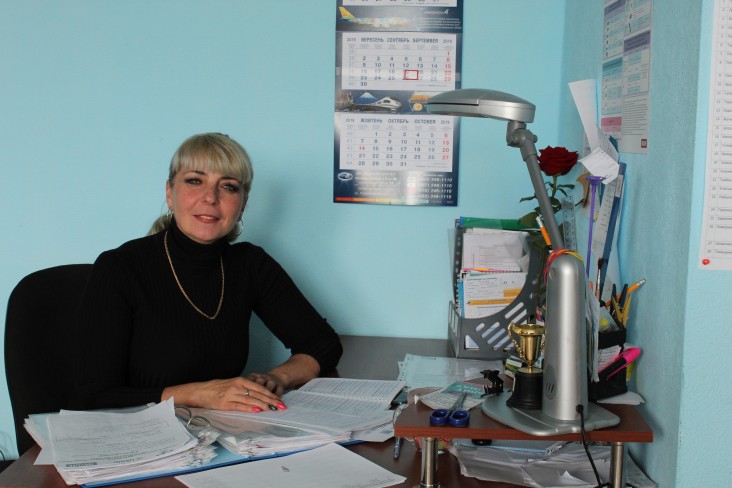Speeches Shim

HIV-positive Kateryna lost her baby due to ignorance and a misguided belief in stereotypes. She wanted to prove to the world that she and her son were healthy and that HIV could not affect them.
Kateryna only went on antiretroviral therapy three years after she was diagnosed with HIV. Today her health has improved significantly. She continues with a productive career and is well respected in her community. But getting to this point did not come easy for Kateryna. It came only after experiencing the death of her infant son at the age of 18 months and overcoming her own denial that she had HIV.
Kateryna discovered that she was HIV positive when she was 35 years old and pregnant for the second time. She didn’t understand how she had contracted the virus:“I couldn’t believe it. My first child was completely healthy, and my husband was not a womanizer,” were her first thoughts upon hearing the diagnosis.
Kateryna decided that the test result was a false positive and that she was not really infected with the HIV virus. She continued to believe, as many still do, that this disease affected only drug addicts and prostitutes, and she was not one of those.
“After the birth of my son, I kept convincing myself that he and I were healthy,” she explained. “When they offered to test my baby for HIV, I flatly refused. When a doctor said I should begin ARV treatment, I refused. What did I get in return -- the death of my child.”
Kateryna fell into a deep depression and the disease began to seriously affect her health. She spoke of losing her will to live, of feeling exhausted and being constantly ill. But she remained adamant that she was not HIV positive.
Her life changed when she met Tetyana Bezymianna, a social worker at the USAID HealthLink activity local initiative, entitled “Accelerating a sustainable response to the HIV/AIDS epidemic in Kirovohrad Oblast.”
Kateryna was waiting to see a doctor during one of her numerous visits to the local medical clinic when Ms. Bezymianna noticed her in the clinic’s corridor. “I knew about her HIV status,” explained the social worker, “so I invited her into an office to talk about her medical issues and the social support our organization provided for patients with HIV.”
Ms. Bezymianna explained Kateryna became aggressive when she understood why she was invited into the office. “I asked for 10 minutes time to explain my position, but within five minutes she burst into tears and opened her heart to me.”
The two women discussed why Kateryna had rejected ARV treatment earlier and was still not receiving the much needed medicine even now, knowing fully well her HIV status. Kateryna told her: ‘I wanted to prove to the whole world that my baby and I were no different than anyone.”
Ms. Bezymianna recalled telling Kateryna that if she went into treatment, she would indeed be like everyone else, but simply with a chronic disease that today could be controlled for a lifetime.
The next day, the two went together to take the necessary tests, and Kateryna began ARV therapy. Today Kateryna’s health has improved significantly and she feels strong and upbeat about her future. “I am grateful to the HealthLink project and Tetyana for saving my life,” she explained. “I have finally begun to live again.”
In the last year, USAID funding led to the successful counseling of 119 HIV-positive people to start ARV treatment in Kirovohrad Oblast, alone, and for 4,143 total, across 12 regions of Ukraine.

Comment
Make a general inquiry or suggest an improvement.